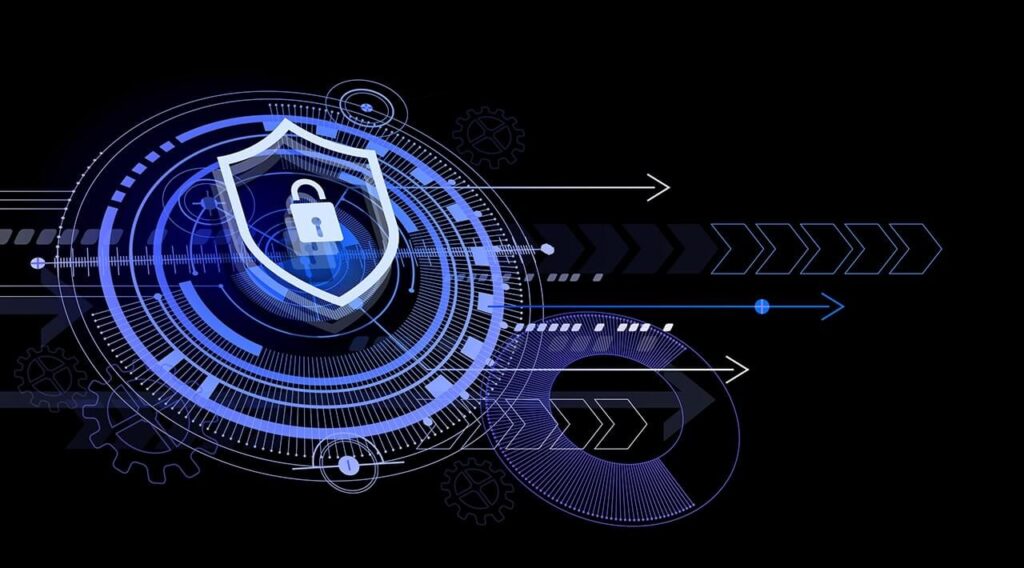Cyberattacks gamer
Did you know that the gaming industry ranks second as target for the top 500 cyberattacks in the world? Cyberattacks gamer: eSports are an ever-growing phenomenon, clearly representing the rise and influence of the digital world in our lives. According to Newzoo’s “eSports & Live Streaming Market Report,” this industry is expected to exceed $1.38 billion in revenue by 2022.
Although competitive gaming has long been present in Asian countries, such as South Korea, in recent years this market’s demand has skyrocketed. However, whether you are a professional gamer, a casual gamer, or the parent of a video game-obsessed child, if you do not have protection for your devices, you are at risk of being a victim of some sort of cyberattack. With proper protection, you can stop hackers before they become a problem.
Given that eSports are a different market, the gaming industry is an attractive target for cyberattackers. Not all gamers are professionals – some choose to play while streaming their experience on livestream platforms like Twitch and YouTube Gaming – but all parties are constantly exposed to heavy losses due to DDoS attacks and other security threats.
Attacks on the distributed network are usually referred to as distributed denial of service (DDoS). Unlike other types of cyberattacks, DDoS attacks do not attempt to breach a security perimeter. In fact, their goal is to make a website and its servers unavailable to users.
According to Lumen Technologies’ quarterly DDoS report, online gaming received 13% of the top 500 cyberattacks. Therefore, in the framework of International Internet Day, we share some actions you can adopt to prevent attacks and keep yourself safe from risk:
- Use strong and unique passwords: one of the easiest ways to protect yourself is to make sure your passwords are different across all platforms. If you wish to go beyond, you can update your passwords once a month just to increase your protection.
- Take advantage of additional security and privacy options when available: this can be a two-factor authentication to ensure that the user claiming to own the account can easily confirm this.
- Download only from trusted sources: avoid third-party attachments, illegal downloads, and cheat codes; initially, they may seem like a good idea, but the consequences outweigh the benefits promised.
- Manage your gaming profiles: today, gaming profiles should be treated like normal social networking profiles and feeds. Don’t reveal personal information that you consider sensitive. You can decide who can or cannot see your gaming activities.
Many of the risks faced by online gamers a few years ago are still the same risks they face today. The gaming industry must embed cybersecurity into software, hardware, and networks, with stronger authentication and other security controls to make it harder for attackers to gain access.
As a gamer, if you want to avoid facing cyberthreats you should learn about security practices you can implement before it’s too late.
Video games should be fun, a way to relax, let off steam, and reduce stress. However, we should acknowledge that games are already part of the overall threat landscape. Make sure your information is safe from harm, both in the digital world and beyond.

Author:
Alejandro Girardotti
Senior Director of Products, Innovation and Strategic Alliances
Cirion Technologies










